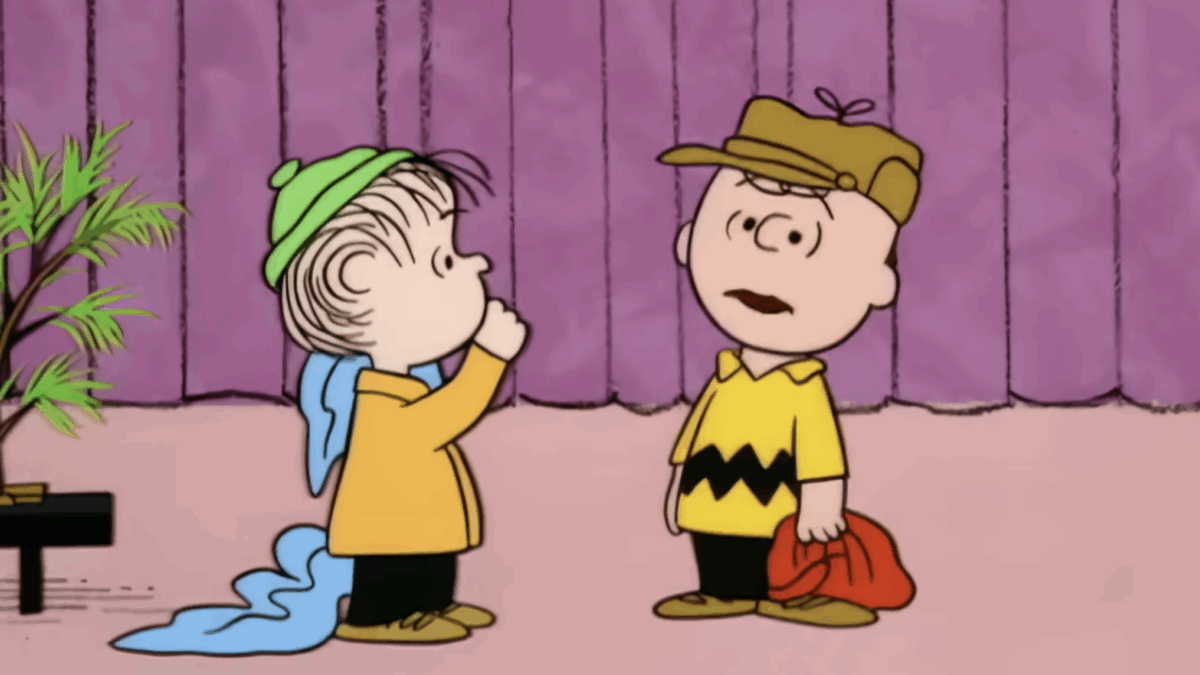In Netflix’s October release, “Luckiest Girl Alive,” Mila Kunis brought to life a character from Jessica Knoll’s 2015 book by the same name. The year after the book’s release, we learned that it was based on Knoll’s own life experiences, including when she was raped as a teenager. In interviews following this revelation, Knoll discussed the creative liberties taken with the movie, raising a particular issue with the depiction of her as a high schooler at the time of the Columbine massacre. In her case, there was no school shooting involved.
The film is currently receiving mixed reviews, garnering a 43 percent approval rating from top critics on Rotten Tomatoes and a 6.4/10 rating on IMDB. But considering that topics such as rape and bullying are incredibly difficult to discuss, credit should be given to Knoll for not taking the easy way out to get ratings by making this a story about abortion, which just so happens to be a hot topic as we approach the upcoming midterm elections. Instead, Knoll made a clear statement about rape, murder, and the emotional pain of personal violations.
Still, as the topic of abortion is central for many people, it’s nearly impossible for this movie to avoid triggering thoughts on the topic — particularly with the thousands of commercials and conversations about the abortion debate: “Candidate A wants to ban all abortions, even in the cases of rape and incest.”
Inherent to this common campaign one-liner is an acceptance that rape is going to happen and we must instead deal with the aftermath. Such acceptance minimizes the actual action, which raises the question: Why do we talk so much about managing the consequences of rape while mostly ignoring the more important conversation about how to stop rape in the first place?
To answer such a question requires an understanding of what makes rape wrong. To be clear, rape is not wrong because it is illegal, but rather, it is illegal because it is wrong. Rape is a violation of an individual’s body, her (generally) own property. However, as the U.S. embraces the nihilist ideas of individual truth and simultaneously questions the validity of private property in a push toward socialism, it makes it nearly impossible to explain what makes rape such a severe violation.
Why? Because we’ve spent decades telling citizens — and teaching children — that right and wrong can be subjective and situational and that it’s unfair when someone has something that you want and can’t have. When these ideas have become mainstream, we shouldn’t be surprised when people are unable to think reasonably about whether the action they are about to engage in is morally right.
In America today, teachers, politicians, and media routinely encourage citizens to define their “own truth” and focus on the contemporary concept of equity more than the American founders’ idea of equality. The Declaration of Independence recognizes that while we are all different in areas such as height, weight, strength, intelligence, and coordination, we are all equally human with the same equal rights to life, liberty, and the pursuit of happiness. These rights can all be defined as rights to our own property.
However, as the leftists behind groups and programs like Black Lives Matter, the 1619 Project, and most teachers unions seek to abolish the Constitution and the ideas of the Founding Fathers, Americans are no longer learning about mankind’s natural rights and are struggling to understand that certain things are fundamentally true, including someone’s right not to be touched without their permission.
Confusing the issue further is the sexualization of children at younger and younger ages, with a particular focus on blurring truths. For 5- or 6-year olds, who turn red from embarrassment at the suggestion that the other sex has cooties, attending a drag queen story hour or hearing that gender is fluid and nonbinary is confusing. For young teens starting to deal with body and hormonal changes, sharing a restroom or locker room with someone of the opposite sex can be confusing and scary.
How are younger Americans supposed to learn and understand physical and sexual truths when the adults and teachers around them are telling them that the truth is less black and white and more gray?
Unfortunately, politicians will continue to make abortion the topic of conversation instead of rape because it’s an issue they have more control over, and they think it can get them elected. As citizens, parents, friends, and neighbors, we must come together and reject the nihilist notion that right and wrong are subjective while also rejecting the socialist idea that it’s unfair when you can’t have something you want because it belongs to someone else. We must also embrace the fact that we equally share natural human rights, and we should uplift people like Knoll, who are willing to talk about rape while leaving abortion out of the conversation.









